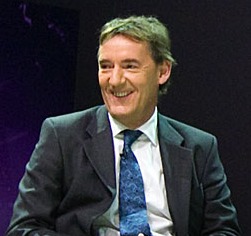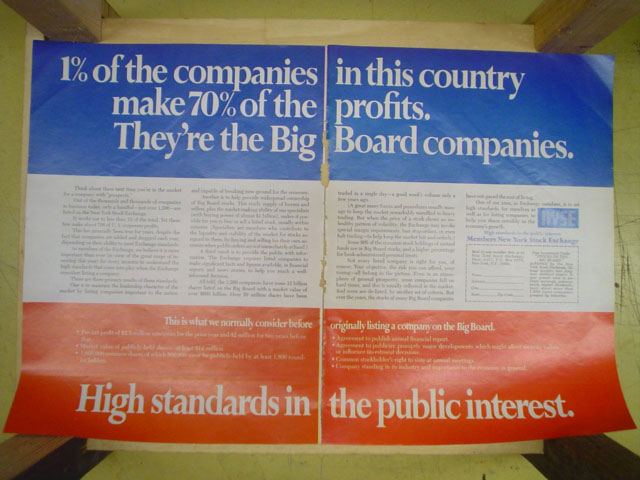Billionaires may seem different than the rest of us. And the financial media certainly have a tendency to treat the super-wealthy as an elite species with skill sets the rest of us don’t have.
It’s true that the Warren Buffetts and Mark Zuckerbergs of the world make decisions that affect thousands of workers and billions of dollars of capital.

Yet the way they make decisions is the key thing. And that’s where investing lesson from billionaires can apply to the rest of us as we face big financial and investment decisions.
Salary negotiations
Billionaires often transact deals worth, well, billions. But best of them employ tactics that work just as well in salary negotiations.
Dealmakers such as Oracle’s Executive Chairman (ORCL) Larry Ellison and Google’s (GOOG) Larry Page carefully analyze the current and future value of the companies they acquire.
You should have an accurate sense of your market value is by checking out websites such as payscale.com and glassdoor.com to find out the salary ranges of a position you are considering.
Having an accurate read on your worth will give you a big edge in salary talks.
Also, keep in mind what unique skills you bring to the role. That could bolster your argument for a compensation package at the top of the range.
Home purchases
Berkshire Hathaway (BRK/A) founder Buffett does exhaustive research when it comes to the stocks that he buys.
You should take the same approach when it comes to buying a home, perhaps the biggest financial decision you’ll ever make.
Luckily, there are plenty of online sites such as Trulia (TRLA) and Zillow (Z) that can help you analyze historical sales trends in the neighborhood you are considering.
Make sure you get an independent appraisal and thorough inspection as well. Shop around for the best loan and get pre-approved by a bank.
Having your financing locked down will give you the flexibility to move quickly if need be.
Finally, try to keep your emotions in check. Your dream house will turn into a nightmare if you overreach or fail to do your homework.
Maximizing your investments
It’s true: Billionaires have more zeroes on their bank account balances than the rest of us.
However, spectacularly successful investors like George Soros and Carl Icahn didn’t reach the top of their profession by some secret method incomprehensible to mere mortals
They size up investments analytically and make fact-based decisions devoid of emotion.
Not every billionaire adopts the same strategy. Buffett likes to seek out a firm’s intrinsic value and waits for the market to adjust accordingly over time.
Soros looks for short-term volatility plays and makes highly leveraged transactions when he sees an opening such as his fabled run on the British pound back in 1992.
The point is they have a clearly articulated strategy that informs their decision-making and keeps them from following the investing herd and making ill-timed market calls.
Vision
The billionaires at the top of the business magazine lists aren’t driven exclusively by a desire to live a rarified and luxurious lifestyle, though some live flashier lives than others
They are passionate about their businesses, focused and competitive. But they are also often motivated by a desire to make a lasting impact on the world.
Microsoft (MSFT) founder Bill Gates changed the way we used personal computers and is now doing philanthropic work with vaccines that have saved millions of lives in the developing world.
On a smaller scale, the rest of us can pursue careers and investment strategies for something greater than ourselves as well.
Making a meaningful contribution to a company’s strategy or charity work can been fulfilling.
So can a properly managed investment portfolio that hits its targets and provides you and your family a measure of financial security.
Takeaway
Better to learn from billionaires than to worship them.
By studying how the very wealthy analyze deals and manage portfolios, we can identify best practices that are relevant to our investing lives.
The rich are different from the rest of us. But not that different.
DISCLAIMER: The investments discussed are held in client accounts as of December 31, 2014. These investments may or may not be currently held in client accounts. The reader should not assume that any investments identified were or will be profitable or that any investment recommendations or investment decisions we make in the future will be profitable. Past performance is no guarantee of future results.



